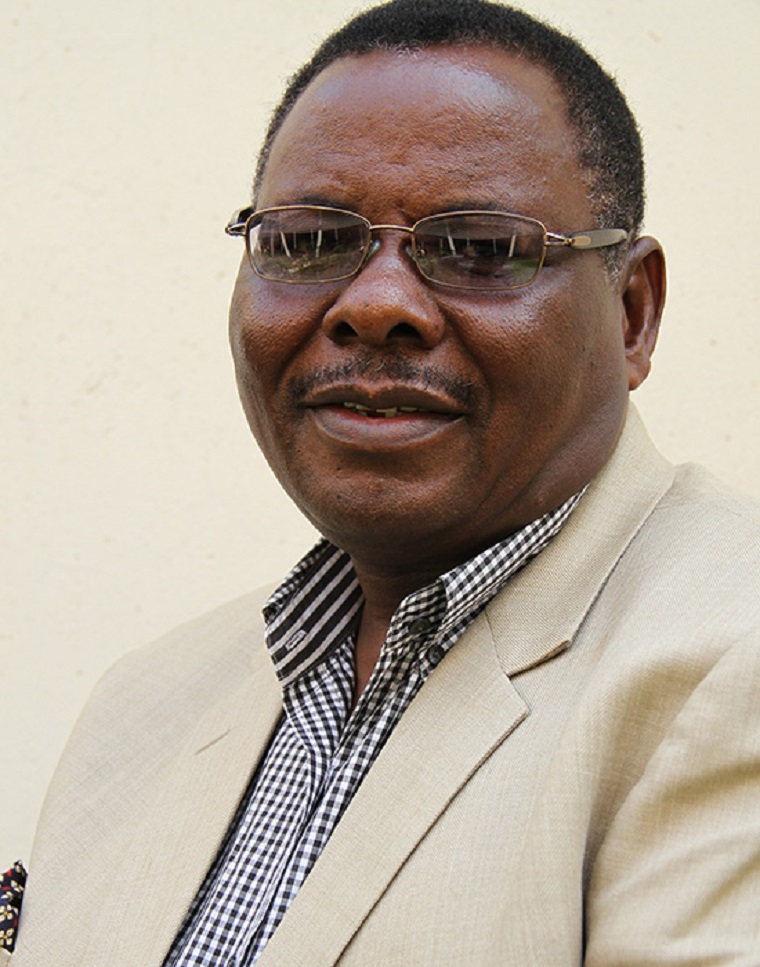A former government minister says it is important to ensure that 99-year leases that are being given to new farmers are bankable but they should not be freely transferable because the land will gravitate back to those from whom it was taken.
“If there is going to be any transferability of land, it must be limited and the State must have control and the owner must not the prejudiced. If it is to do with debt, once that debt is retired, the original owner must be given opportunity to own back that land,” David Chapfika a former deputy Minister of Finance said.
Chapfika said it was important that land given to the people is fully utilised because if it remains furrow, it does not help anybody. It was therefore crucial to have anchor institutions to provide services to the farmers.
If a tractor broke down in Mutoko, for example, Chapfika said, one had to hire a lorry to take it to Harare because there were no support structures in Mutoko.
“Those workshops which the former white farmers used to have in the rural areas are no longer there,” he said. “So, it is important that as we look at these laws, these anchor institutions that are pertinent to the success of agriculture are looked at including capacitating the support infrastructure, the Agritex officials by ensuring that they are mobile in order to support this whole issue. “
Full contribution:
HON. CHAPFIKA: Thank you Mr. Speaker Sir, for giving me the opportunity to air my views and to thank the Minister for bringing this very important Land Commission Bill before this august House. This Bill is similar to life and death of the people of Zimbabwe. Zimbabweans are known to belong to the land as opposed to other countries and the Hon. Minister must ensure that the Commission do not just look at the mountains and snakes but to take this into account.
When the Commission is looking at these farms, they should consider the social amenities that are at the farms like the schools, clinics and resorts because they do not belong to the individual farmer.
They are just coming from a very serious period of El Nino and most of the resettled farmers are going through a traumatic period. I say a traumatic period because the country at the moment is reeling under sanctions. There are no financial resources available to fund the farmer. Most of the farmers, as we speak, have resorted with the blessing of the honourable Minister to engage into contract farming that is more like rendering the farm owner to be a farm manager in real terms. The percentages that they are being paid are between 5, 7 and 10 percent of whatever is produced on that farm by the white farmer. As we speak, literally outside the command agriculture, the resettled farmer is, I do not want to use the term squatter, actually an employee of the white farmer.
Continued next page
(98 VIEWS)
